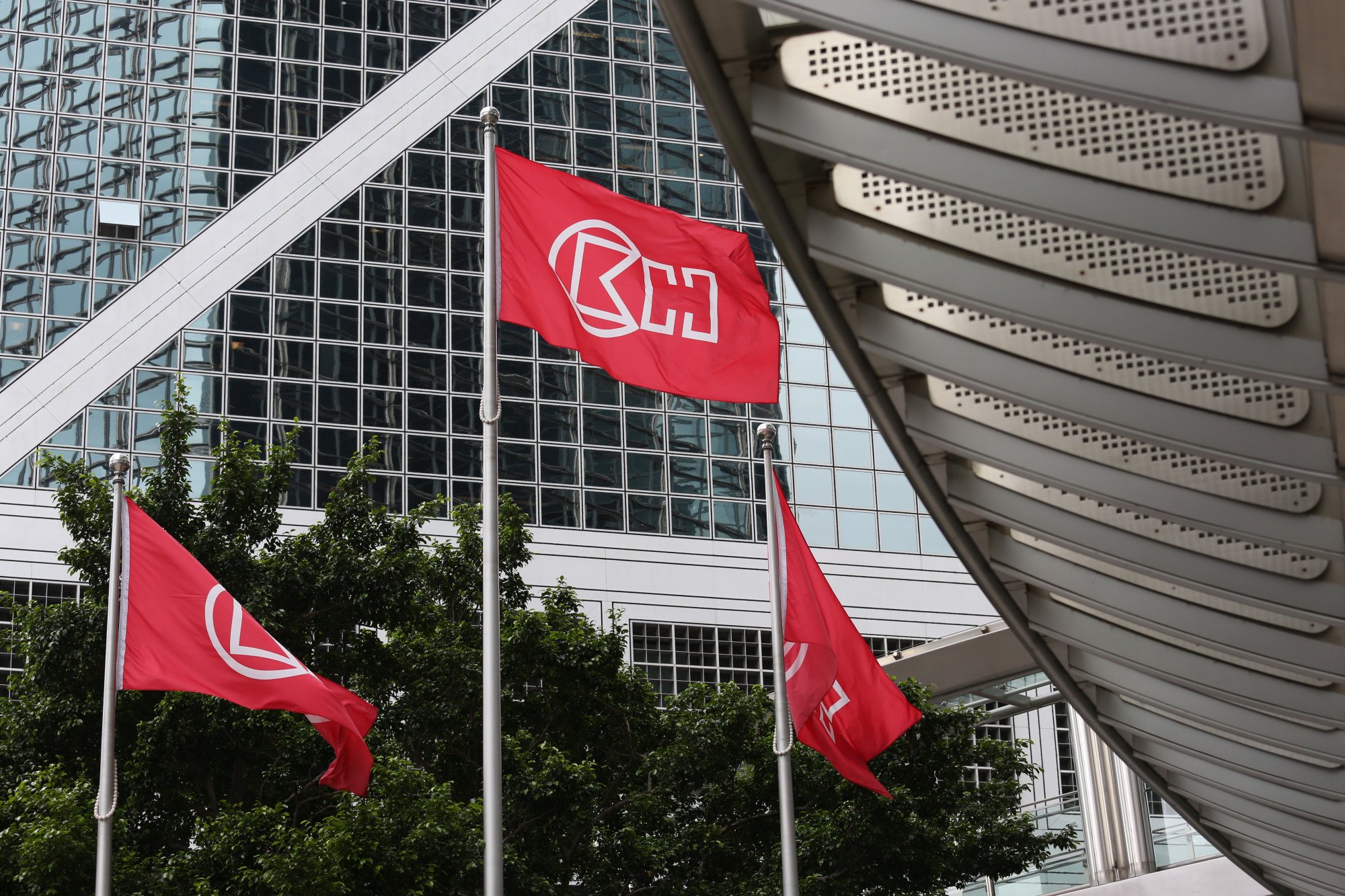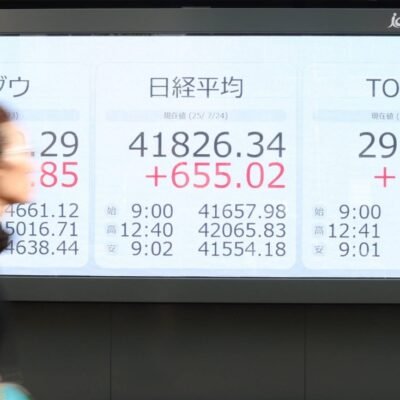Hong Kong stocks hit 5-month highs as fund positioning shows investors returning to China
The Hang Seng Index rose 0.5 per cent to a 5-month high off 17,290.08 as of 10.05am local time. The Hang Seng Tech Index gained 0.2 per cent and the Shanghai Composite Index retreated 0.1 per cent.

Global funds have increased their allocation to China, significantly reducing the underweight on the market, while cutting the exposures to Taiwan and India, according to HSBC Holdings.
“GEM [global emerging markets] funds have rolled back on their underweight on mainland China and turned neutral, while Asia’s funds exposure on the market is now at a seven-month high,” HSBC analysts said in a note.
Mainland investors are also returning to the stock markets, snapping up HK$1.2 billion of Hong Kong stocks as they were net buyers for the 19th straight day on Thursday through the stock connect programme.
Other major Asian markets were broadly lower, spooked by the sell-off in the tech sector following a disappointing outlook from Facebook parent Meta Platforms. Japan’s Nikkei 225 slipped 1.4 per cent, while South Korea’s Kospi retreated 1.1 per cent and Australia’s S&P/ASX 200 slipped less than 0.1 per cent.






